Earlier this month we were asked to answer a few questions for a Boston Red Sox website, with our new friends from across the pond seeking to find out more about Liverpool FC, our history and the Premier League itself. We duly obliged and have now asked Patrick O’Sullivan from Website Name to answer a few of our own questions in return.
Matt put the questions Patrick to find out more about the Sox, their players, history and rivals, about John Henry‘s ownership of the franchise and how the Major League Baseball format works.
Matt: Can you give us a little history on the Boston Red Sox, their standing in Major League Baseball before NESV took over the club, and their performance since?
Patrick: Before the current ownership group took over, the Red Sox had a largely successful club, but no World Series titles since 1918. The World Series (a funny name, I know) is a best of seven Series between the National and American League champs. The Red Sox won five of the first 15 World Series contested between 1903 and 1918. After the 1918 season, they sold Babe Ruth, probably the greatest baseball player ever, to the New York Yankees. The Yankees became the most celebrated franchise in sports history, while the Red Sox would have to wait 87 years for their next title. Boston lost in 7 games in 1946, 1967, 1975 and 1986. The ’86, ’75 and ’46 Series were three of the most famous and exciting ever contested.
Since John Henry et al took over, Boston’s performance has been much more consistent. They average 94 wins per season (that’s a lot), they’ve won two championships (more than any other team since 2001), and they have qualified for postseason play in six of the eight seasons since the new ownership group took over. One key has been a more forward thinking approach to player performance analysis that their Baseball Operations staff employs. The Red Sox still rely heavily on scouting (employees evaluating with their eyes how good a player can be) but as much as any team, Boston also relies on rigorous statistical analyses to project forward the performance of its players and potential acquisitions.
Who are the Sox main rivals? What are the ‘big’ games to look out for?
Boston’s main rival is the New York Yankees. While the Yankees have been much better than Boston over the years, the rivalry has flared up in three separate eras. In the late 40’s baseball legends Ted Williams of the Red Sox and Joe DiMaggio of the Yankees were the best players on some great teams that locked up in some legendary battles. Same goes for the mid-to-late 70’s. Go ahead and google “Bucky Dent” for some more background there. Finally, since 1999, the rivalry has been taken to new heights. This is for a number of reasons:
1) They can now play each other in the postseason. This was not the case until 1995 but thanks to changes in postseason format, Boston and New York can now compete in the playoffs. And they’ve done so under extaordinarily dramatic circumstances. The first time was In 1999, when Pedro Martinez, pitching better than anyone really ever had in baseball history, matched up against Roger Clemens in one game. Clemens was on the Red Sox from 1985 to 1996, and had been the best Red Sox pitcher ever until Pedro arrived in 1998. The anticipation level was impossible to describe. The Red Sox won that game but that was the only one they’d take all series. The Yanks won the 1999 American League Championship Series 4-1. They met again in 2003, and Boston had a 3-run lead in the 8th inning of Game 7 at Yankee Stadium. They went on to lose that game after a spirited Yankee comeback in the 11th inning. In 2004, Boston was down 3-0 in games, a deficit no Major League Baseball team had ever come back from. The Red Sox managed the feat, however, winning the final game in New York. They would go on to win the team’s first championship since 1918.
2) Baseball has had a terrific run of financial success since the late 90’s, and the Yankees and Red Sox are two of baseball’s very wealthiest franchises. This means they compete for top talent all the time because they can afford the very best available players.
3) Proximity: New York is just 180 miles or so from Boston, a stone’s throw when you consider the size of the United States. New York is also the media and financial capital of the world, and, truth is, many Bostonians feel something of an inferiority complex about it. Boston is known as the Athens of America, a cultural, historical and educational center, but it also is just one tenth the size of New York. Much has been written about the New York/Boston dynamic.
And player-wise, who are the key men on the current roster and who are the all-time legends?
Key players: Kevin Youkilis, Dustin Pedroia, and the newly acquired Adrian Gonzalez and Carl Crawford.
Key pitchers: Jon Lester, Josh Beckett, Clay Buchholz
Best position players ever: Ted Williams (maybe the finest hitter of all time), Carl Yastrzemski, Wade Boggs, Dwight Evans, Bobby Doerr, David Ortiz, Manny Ramirez, Tris Speaker, Nomar Garciaparra, Jim Rice
Best pitchers ever: Roger Clemens, Pedro Martinez, Cy Young, Curt Schilling, Jon Lester
One of the main similarities the two clubs share is the situation with the new stadium. John Henry and co. ultimately decided to remain at the historic Fenway Park, they didn’t make that decision over night though. Can you tell us more about how they made their decision and what they have done to redevelop the ballpark?
There’s not necessarily much of a story there. Plans were announced in 1999 by the previous ownership group to build a “new Fenway Park” on the existing site. It would essentially have been a modernized version of today’s ballpark. It ran into one snag after another with the city of Boston, however, and John Henry et al decided in 2005 that it would remain in Fenway Park indefinitely. They’ve invested a lot of money into the ballpark, the most notable changes being seats atop the left field wall (the Green Monster), seating and concessions on the right field roof, expanded concourses in both the left and right field stands, and additional seating with concierge services (the State Street Pavilion & EMC Club) above the grandstand.
Looking back now, do you feel the right decision was made? Maybe thinking about how the Yankees moved to a new stadium?
There are so many moving parts that go along with trying to build a new ballpark in a city as dense as Boston, where land is sparse. I can’t muster much of an opinion. That said, I do think this ownership group deserves a great deal of credit for squeezing as much revenue as possible out of Major League Baseball’s oldest and smallest ballpark. As for the new Yankee Stadium, what can I say? They did a terrific job. It’s enormous and modern and still manages to maintain a sense of history.
Baseball to us like glorified “rounders”, can you explain how the MLB works with regular season and play-offs. I understand they play a lot of games?
The Premier League is so straightforward so this is going to sound crazy. But just bear with me.
There are two leagues, the American League and National League. Until 1968, the winner of the NL and AL would play in the World Series, a best of 7 to determine the MLB champion. In 1969, the two leagues were split into 4 divisions. The division winners would square off in a series, with the winners advancing to the World Series. In 1995, two more divisions were added. So there are now six division, three in each league. Also, the team with the best record in each league that does not win the division also qualifies for the playoffs. They’re known as the Wild Card. So there’s an extra round now: A best of five Division Series, the best of seven League Championship Series and the World Series.
Teams play 162 regular season games, which must only make it sillier in your view to have all these postseason contests. You’d think 162 games would be enough to determine a worthy champion.
I’ve worked in America and took in the odd baseball game and noticed the match-going is somewhat more of a social event than ‘hardcore support’. Maybe this is due to the sheer number of games? I estimated that of everybody in the stadium at any one time, only about 30% are actually watching the game! Would you agree?
Sure, that might be the case. Fan intensity can be felt a whole lot more at games where lots is at stake, but I think that’s a fair observation on the whole. Baseball’s a subtle game with an enormous amount of strategy involved, but at the same time it can be slow. So if one isn’t inclined to actively watch for defensive alignment shifts, pitch location, bullpen activity, etc, then you can just make the game a nice occasion to spend time outdoors with friends. I happen to enjoy voicing my support and watching actively, but that’s not to say everyone should take in a game as I do.
Thanks for taking the time to answer the questions Patrick.
We’ll have a regular column from the head of the Boston LFC Supporters Branch coming up in the new year.
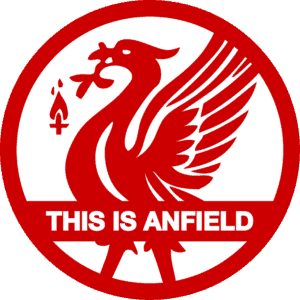



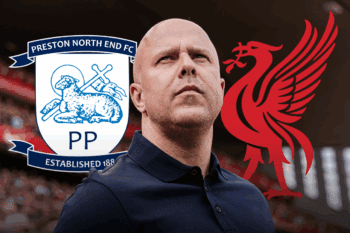



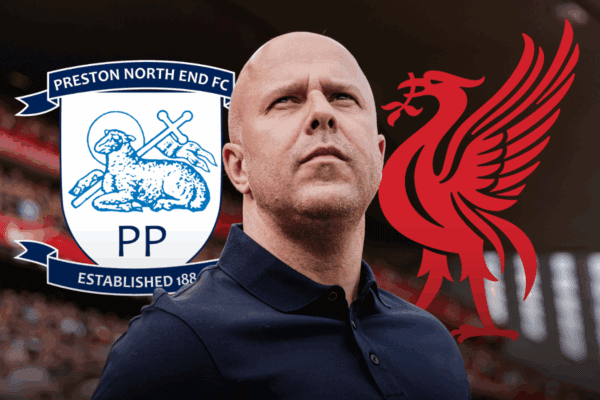

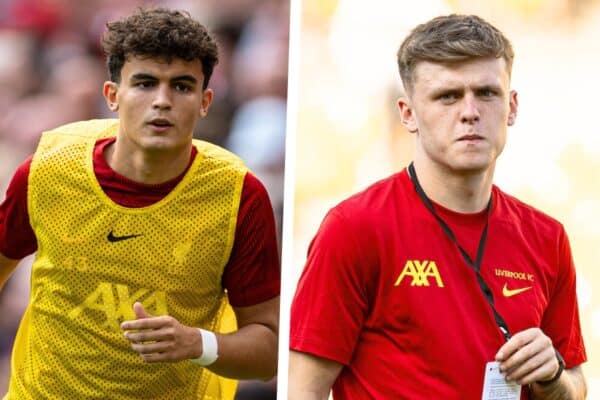

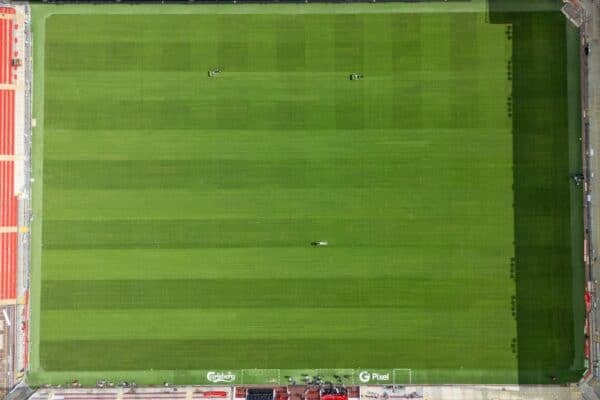
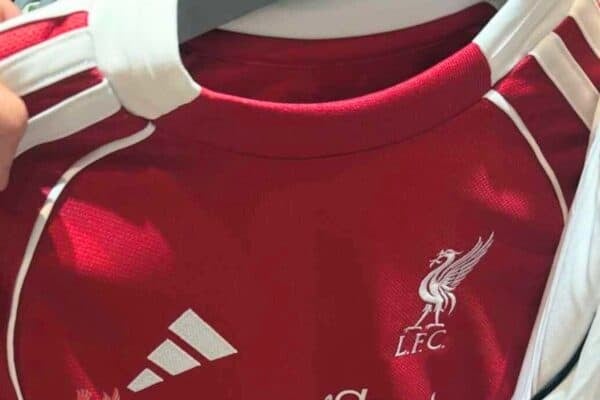
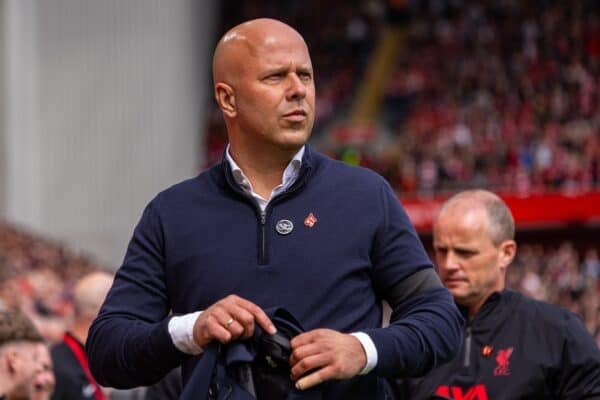
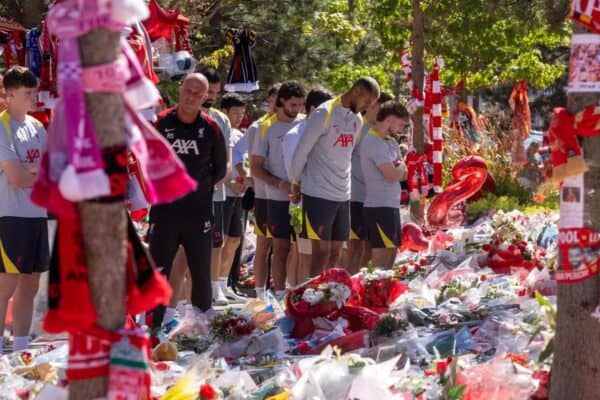





Fan Comments